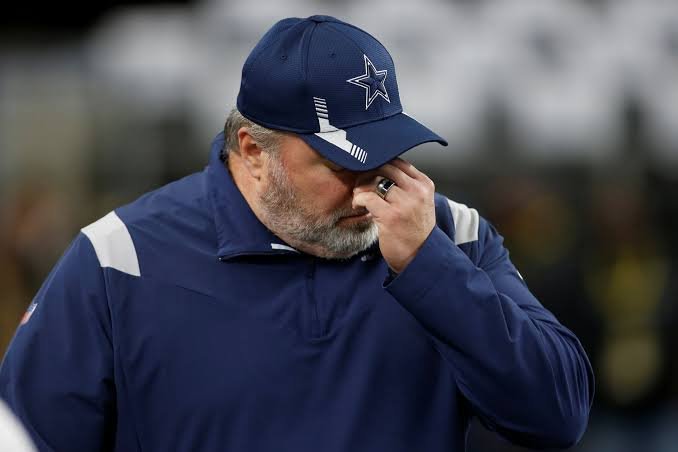In a strategic move to manage payroll and maintain financial flexibility, the Houston Astros have recently parted ways with several key players. Notably, outfielder Kyle Tucker and reliever Ryan Pressly have been traded to the Chicago Cubs, and third baseman Alex Bregman has entered free agency.
Kyle Tucker, a standout performer for the Astros, was traded to the Cubs in December 2024. In exchange, the Astros received infielder Isaac Paredes, right-handed pitcher Hayden Wesneski, and top third base prospect Cam Smith. Tucker had been a consistent offensive force, with two 30-home-run seasons and a Gold Glove award to his name. His departure was influenced by the Astros’ reluctance to commit to a long-term, high-value contract, a stance that aligns with owner Jim Crane’s fiscal strategy.
Ryan Pressly, a veteran reliever, was also traded to the Cubs in January 2025. Pressly, who had lost his closer role to Josh Hader the previous year, agreed to waive his no-trade clause for the move. The Astros will cover part of his $14 million salary as part of the deal. This trade marks the second significant transaction between the Astros and Cubs this offseason, following Tucker’s departure.
Additionally, Alex Bregman, the team’s star third baseman, has entered free agency after the 2024 season. Despite teammate José Altuve’s public encouragement for the Astros to retain Bregman, negotiations have stalled. The six-year, $151 million extension signed by Matt Chapman with the San Francisco Giants is seen as a baseline for Bregman’s new contract, a figure the Astros appear unwilling to match.
These moves reflect the Astros’ broader strategy under owner Jim Crane, who has shown a reluctance to commit to large, long-term contracts. Instead, the team focuses on shorter-term deals with high average annual values, aiming to maintain financial flexibility and avoid burdensome contracts that could hinder future competitiveness.
The departures of Tucker, Pressly, and Bregman have significant implications for the Astros’ roster and payroll. Financially, these moves reduce the team’s salary obligations, providing the flexibility to pursue other opportunities. Performance-wise, the loss of these key players will necessitate adjustments. The acquisition of players like Paredes, Wesneski, and Smith offers potential, but their contributions remain to be seen. The Astros may also explore additional signings or trades to bolster the roster.
In conclusion, the Astros’ recent roster changes underscore a strategic approach to financial management, prioritizing flexibility and long-term competitiveness over retaining high-cost talent. While these decisions involve significant risks, they align with the organization’s philosophy and commitment to sustainable success.



